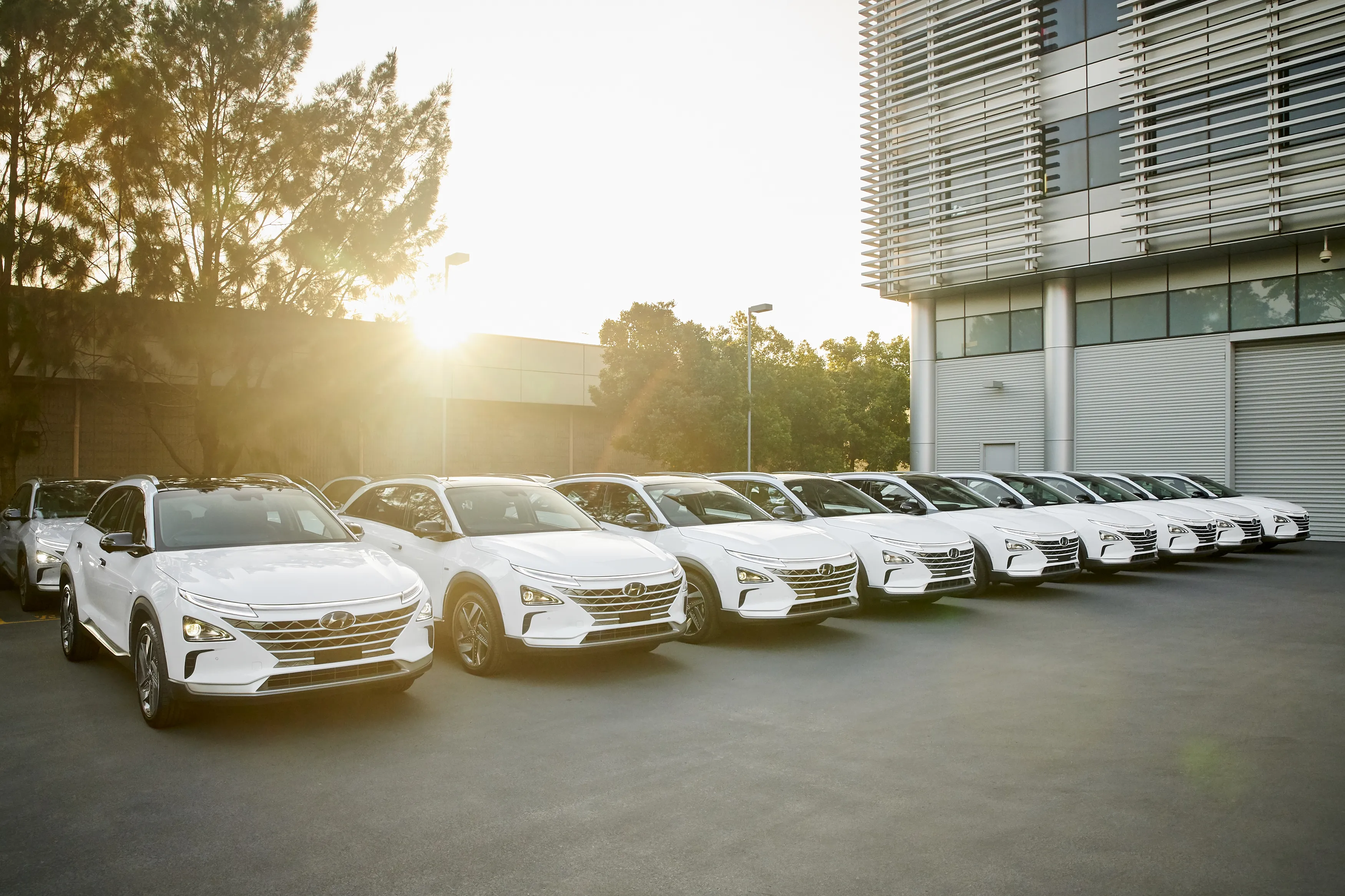The arrival of hydrogen cars on UK roads is a step closer today as Business Minister Matthew Hancock announced up to US$17.6 million of funding from Government and industry to help prepare the UK for the roll-out of hydrogen fuel cell electric vehicles (FCEVs).
The investment will help establish an initial network of up to 15 hydrogen refuelling stations by the end of 2015. It includes US$3.2 million of funding for public sector hydrogen vehicles.
The announcement follows news earlier this month tha
October 10, 2014
Read time: 2 mins
The arrival of hydrogen cars on UK roads is a step closer today as Business Minister Matthew Hancock announced up to US$17.6 million of funding from Government and industry to help prepare the UK for the roll-out of hydrogen fuel cell electric vehicles (FCEVs).
The investment will help establish an initial network of up to 15 hydrogen refuelling stations by the end of 2015. It includes US$3.2 million of funding for public sector hydrogen vehicles.
The announcement follows news earlier this month that1686 Toyota has chosen the UK as one of the first markets for its FCEV when it goes on sale next year. It is just one of the ways that Government plans to decarbonise road transport alongside battery electric vehicles and plug-in hybrids with US$643 million of support available in the current Parliament and US$803 million committed in the next.
Speaking in Japan where he met executives at1683 Honda, 838 Nissan and Toyota, Hancock said: “Britain has become one of the best places in the world to build cars, with the value of those we export outstripping imports for the first time in a generation, but we want to go further.
“Hydrogen cars present us with a huge economic opportunity and can bolster our internationally renowned automotive industry. We want to make the UK one of the best places in the world to design, manufacture and sell ultra-low emission vehicles.”
Transport Minister Baroness Kramer said: “By 2040 all new cars and vans will be ultra-low emission vehicles and this could be delivered by a variety of technologies, including plug-in hybrids, pure EVs and hydrogen. We want to ensure that support is there for all of these vehicles and that the UK continues to lead the pack in providing the right infrastructure to drive the switch to electric.”
The investment will help establish an initial network of up to 15 hydrogen refuelling stations by the end of 2015. It includes US$3.2 million of funding for public sector hydrogen vehicles.
The announcement follows news earlier this month that
Speaking in Japan where he met executives at
“Hydrogen cars present us with a huge economic opportunity and can bolster our internationally renowned automotive industry. We want to make the UK one of the best places in the world to design, manufacture and sell ultra-low emission vehicles.”
Transport Minister Baroness Kramer said: “By 2040 all new cars and vans will be ultra-low emission vehicles and this could be delivered by a variety of technologies, including plug-in hybrids, pure EVs and hydrogen. We want to ensure that support is there for all of these vehicles and that the UK continues to lead the pack in providing the right infrastructure to drive the switch to electric.”








